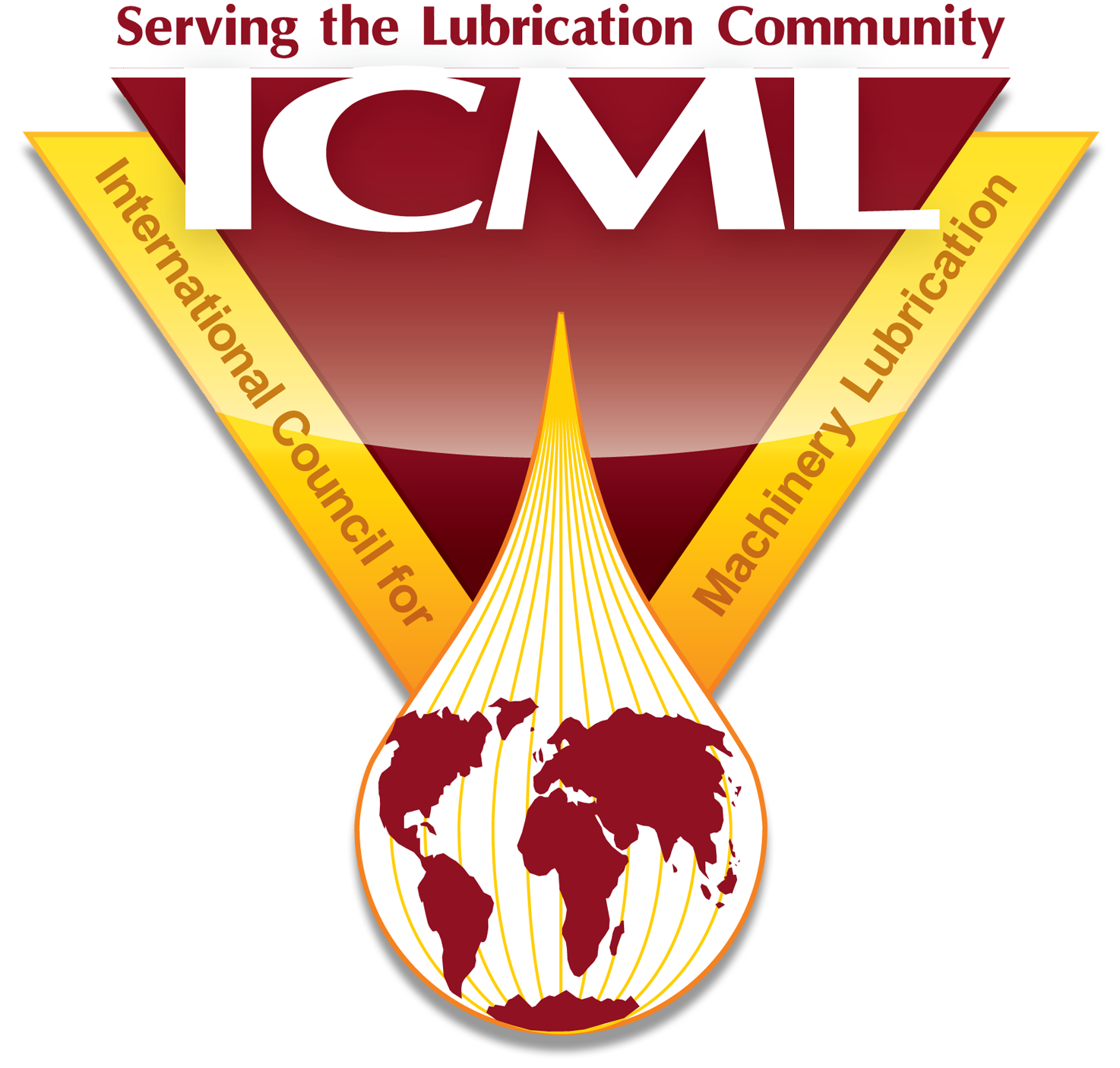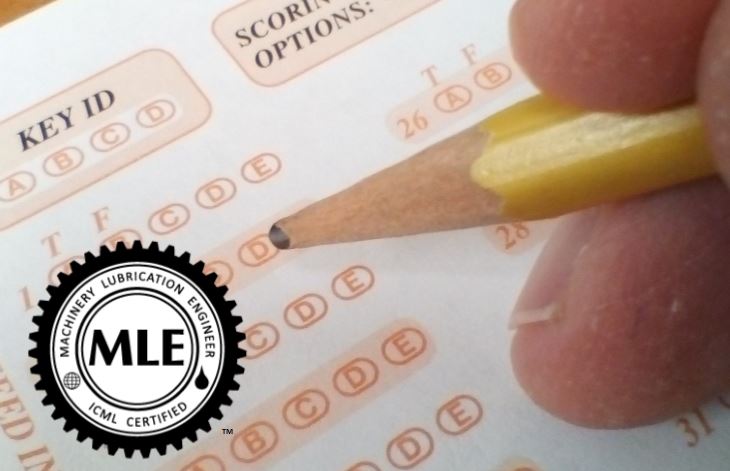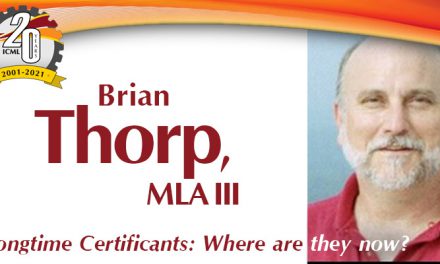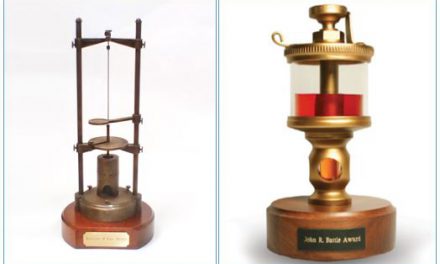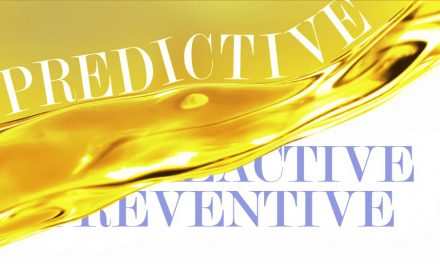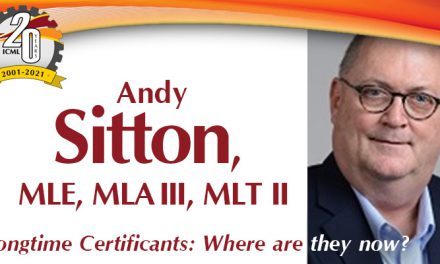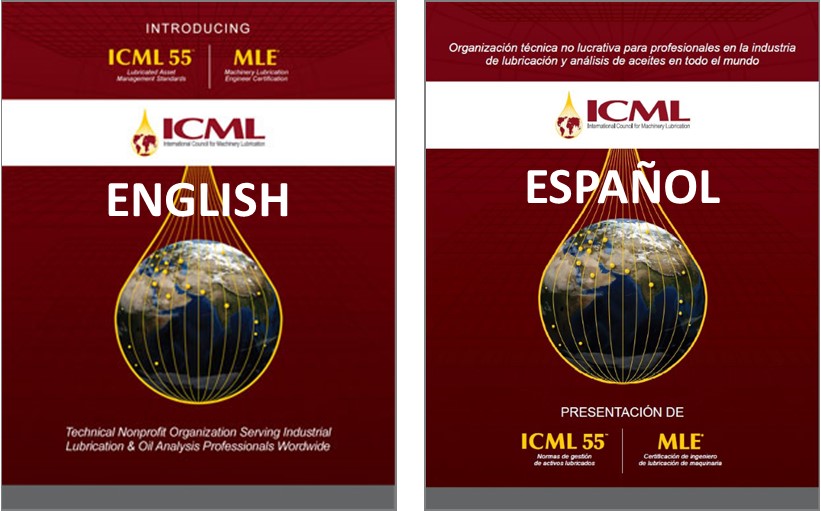Paul Hiller, ICML, June 4, 2020 | Now that practitioners around the world have been sitting the new, top-tier Machinery Lubrication Engineer (MLE)® exam for over a year, I thought potential candidates might be curious what these early adopters think about the MLE exam experience. So I contacted everyone who passed the exam during 2019 and asked a few questions.
The first two questions asked why practitioners had wanted to earn the MLE, and how did they prepare for the exam? Those responses are included in Part 1 of my article. The next question is addressed in Part 2 here. (An abridged version of Part 2 also appears in the May-June issue of Machinery Lubrication Magazine.)
Remember, responses are steeped in opinion and personal preference, so your own experiences may vary.
Let us continue where we left off….
What assumptions did you have?
The full questions was, “What assumptions or concerns did you have about the exam, and were any of them proven to be correct or incorrect?”
During most of 2019 there were no independent training companies offering formal MLE courses yet, so anyone sitting the MLE exam was essentially self-preparing. One might expect every candidate to wonder if such preparation is ever sufficient, so ICML did what it could to alleviate concerns by linking to cross-referenced resource materials in all 24 areas of the MLE Body of Knowledge (BoK).
Some test-takers assumed correctly that this online guidance would be straightforward and helpful. Pathiri N. Sampath, Sr. Condition Monitoring Tech at Qatargas Operating Company Ltd., studied up on the BoK as part of his strict preparation regimen, and he indicated there was nothing that surprised him about the exam’s contents. “ICML website clearly stated about subjects and preparation,” he recalled. “It guided me to concentrate on [relevant] topics.”
Another candidate not surprised by the topical scope was Loren Green, Senior Technical Representative with Industrial Oils Unlimited. While the MLE is not a continuation of MLT or MLA certification tracks, it does overlap content while also expanding into new territory. “I expected that it would be a much broader view of lubrication overall, and it was,” Green said.
Roger Story, Maintenance Manager at DSM Chemicals, did indeed find that his previous certifications helped pave the way for his MLE comprehension. (In fact, ICML suggests such a preparatory path can be very practical.) According to Roger, “I assumed that lower-level certifications such as MLA III and MLT II would be represented on the test, and that was correct. My career as a Reliability Engineer prepared me for the rest of the exam.”.
Tough and challenging: It happens to the best of us
Even if candidates found that topical distribution in the exam corresponded with BoK percentages, this doesn’t mean the actual questions met their expectations. My non-scientific survey yielded a consensus that this exam can offer both pleasant surprises and rude awakenings, even for the most experienced and/or prepared candidates.
Those who were expecting a challenge certainly found it. Michael Holloway,* President of 5th Order Industry, said that he assumed there would be “a lot of material to absorb and remember, and I was correct. The exam was a beast.”
Nurudin, S.T., Pertamina Lubricants Technical Specialist, had one word to describe the questions: “Tough.”
Lead Engineer Nnamdi Achebe at Petrosave Integrated Services Ltd. used that same word to describe his own experience. “My assumption that it was going to be a tough exam proved to be very true. I used up the entire four hours allotted, and after that exam I felt mentally drained. I slept all through my travel back from Texas to New York on a Greyhound Bus.”
“There was a lot of material to absorb and remember. The exam was a beast.” — Michael D. Holloway,
President at 5th Order Industry
Jose Camilo Valest Sandoval, Technical Support Engineer at Tritech, found some questions dealt with subject details that caused him to struggle. “I felt difficulties in topics of Asset Management, Waste and Used Lubricant Management, Environmental Compliance, and storage of spare parts conditions,” he reported. And because MLE content happens to overlap with oil analysis and lubrication practices covered in MLA and MLT certifications, he also concluded that he should have spent more time reviewing those basics rather than assuming such knowledge would come back to him during the MLE test. “There were some basic concepts (e.g., about lubricant films) that I believed learned, and I didn’t give them enough importance.”
Nathan Thomas, Maintenance Reliability Engineer at Oxy USA, agrees that MLE questions address more of the lubricant life-cycle than one might anticipate. He, too, was challenged on the same areas as Sandoval. “I assumed the exam would require a relatively high-level understanding of the lubricant life-cycle, especially around formulation and disposal as they relate to environmental and disposal concerns,” Thomas explained. “[But] I underestimated the extent to which these areas would be covered on the exam and found myself struggling on these questions.”
Thomas also observed that his specific career path had not exposed him to all possible applications that could be formulated into test questions from BoK resources. Not all machinery is used across all industries, of course, but two hours into an MLE exam is an inconvenient time to realize this. “I underestimated the lubricant selection and application for ALL types of machinery, some of which I have not yet been exposed to in my career, such as turbomachinery or certain types of compressors,” he wrote, “so trying to identify an optimal lubricant for these applications was difficult for me and something I was unprepared for.”
Similarly, Gabriel Delgado, Sr. Technical Instructor at Freeport McMoran, found the overall scope of the exam to be up-to-date and to meet his expectations. “I was assuming I would see combined information on ISO 55000, Uptime® Elements™, system designs, asset developments, and proactive improvements centered around lubrication, and my assumptions were correct,” he recalled. But was there still a challenge with specific questions? Yes. Like the others, Delgado ran into unforeseen emphases. “I did not anticipate the knowledge-base of refining used lubricants, oil reclamation,” he said. “I also had an excessive amount of questions on seal designs I did not anticipate.”
Not all machinery is used across all industries, but two hours into an MLE exam is an inconvenient time to realize this.
And one more example: We all know that lubrication and oil analysis practices and life cycles involve multiple STEM disciplines, so it is impossible to predict what details might present themselves in otherwise innocent-looking exam questions. Cameco Fluid & Lubrication Specialist Brad Owen had such a run-in with the unexpected. “With my other ICML and maintenance professional certifications, I felt comfortable that I would be able to pass the exam,” he wrote, “[but] there were a few questions on statistical analysis that I was not prepared for!” [Yes, Owen still passed the exam.]
Gaps in the test?
On the opposite end of the spectrum, a couple of respondents suggested that some BoK topics were somewhat underrepresented. For instance, OilDoc Managing Director Rüdiger Krethe* assumed the exam would have included “a little bit more about lubricants and lubrications” in the MLA and MLT overlapping content. Wojciech Majka, President and CEO of Ecol and Ecol North America, expressed similar concern. “I thought more tribology/lubrication engineering issues would appear – that was wrong assumption,” he wrote.
In all fairness, there are 24 areas in the comprehensive BoK and only 150 questions on the exam, so some areas do get more or less attention than others. And because MLE is not explicitly a continuation of MLA or MLT tracks, the overlap to those other bodies of knowledge is not meant to be robust.
Echoing this sentiment in a broader sense was Mike Johnson,* Principal Consultant with AMRRI Precision Lubrication, who assumed there would be a more obvious correlation between the exam’s BoK and the certification’s name. “The certification is titled, ‘Machinery Lubrication Engineer,’” he noted, “[but] a substantial amount of content with this certification is about maintenance group/program management, not lubrication engineering.” ICML does, in fact, promote the MLE as a management-level certification, which comports with Johnson’s assessment. However, his concern is that candidates might alter their study plans based on the title alone. (ICML recommends candidates review all 24 BoK areas and assume nothing as they prepare.)
Trick questions? Hopefully not.
MLE exam questions are multiple-choice format, just like the questions on all our other certification exams (MLA, MLT, and LLA).
Jeffrey DesArmo, Lubrication Engineer/Supervisor at WestRock, along with Majka at Ecol, both expressed concern over questions that pose multiple possible solutions. One of them used the phrase, “more than one correct answer,” while the other labeled these questions as “tricky.”
Can a question have more than one correct answer? Technically, no.
Can a question have more than one correct answer? Technically, no. While a question may present a scenario where the test-taker can discern multiple realistic solutions among the available choices, any such question instructs the candidate to identify a “best” solution. In this way, there is still only one correct answer for scoring purposes. Of course, if a question is irredeemably vague, ICML would want to know about it so we can revise it in our question bank.
As Optimain Ltd. Managing Director Danny Shorten learned, none of these questions is ever intended to be a so-called trick (or “gotcha!”) question. As he wrote, “Knowing how other lube analysis certification tests work, I was concerned that the multiple choice questions might be structured to catch me out, which I found they did not.”
In real life, every lubrication scenario may present multiple options involving many variables, parameters, and business priorities that must be considered to identify an optimum solution. It only makes sense that our MLE test questions reflect such realities.
Other concerns: Time and language
ICML allows up to four hours to sit the MLE exam, while our other certification exam sessions end at three hours. Because candidates for different certifications can all share the same exam room together, ICML currently mandates a short break at three hours to release MLA, MLT, or LLA test-takers before any remaining MLE candidates can proceed with their exams for one more hour. This arrangement necessitates the splitting of an MLE exam in two: Part 1 (roughly 110 questions) is turned in at the end of three hours, and Part 2 (roughly 40 questions) is turned in at the end of the fourth hour.
Only WestRock’s DesArmo mentioned this break in his response, suggesting that its configuration may require ICML’s further attention: “I was concerned about the allotted time split, and it did have an effect on the exam. (Too much time on the first part and not enough on the second.)” With this observation in mind, I advise that MLE candidates should be prepared to pace themselves accordingly.
Finally, back at Ecol, Majka expressed concern for candidates whose native language is not English, assuming that they would experience difficulties until such time as the MLE is translated into more regional languages. (As of this printing, MLE is available only in English and Spanish.) “Language makes it more difficult for non-native speakers,” he says. This concern is especially relevant with regard to those “best solution” questions mentioned above, because important distinctions between best and second-best solutions might become lost in translation.
More answers to come
Part 3 of this series will finish the overview as MLE certificants offer their advice to potential candidates.
* Served on ICML’s MLE development committee
